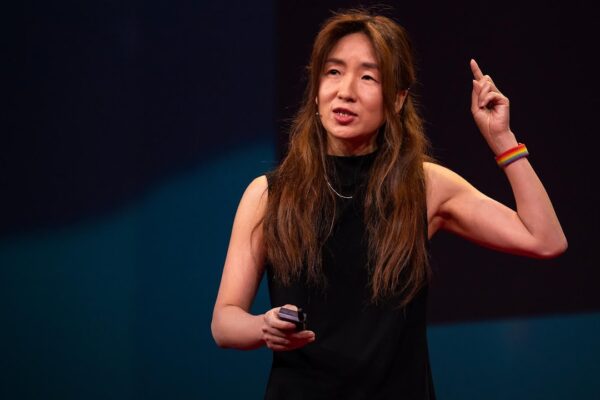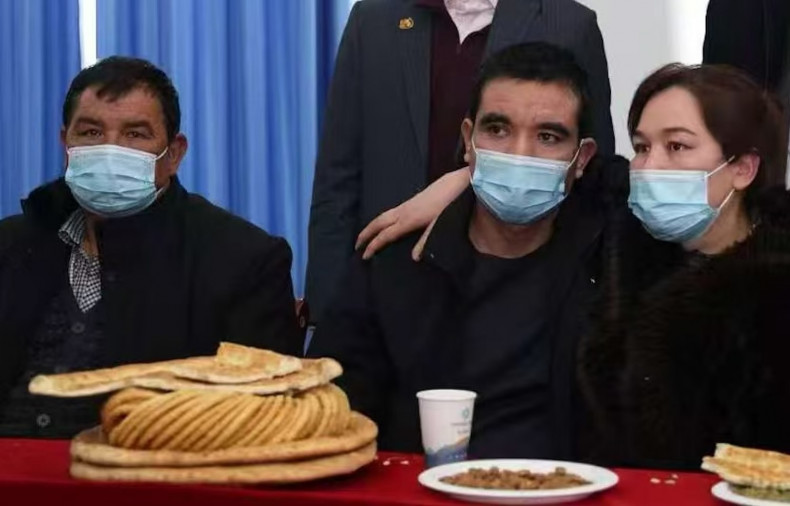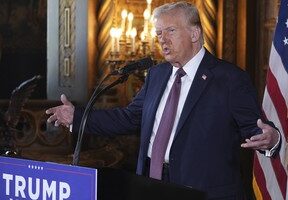Introduction
In one of several pictures released by the Chinese Embassy in Thailand, a Uyghur man is shown being reunited with his family shortly after his arrival in Xinjiang on Thursday. Critics have attacked the Thai government over a claim that 40 Uyghurdetainees had asked to go back to China after being detained there for more than a decade. Fair Party MP Kannavee Suebsang has released two letters written by the detainees, calling for help from the United Nations High Commissioner for Refugees (UNHCR) and the international community to ensure they are not handed over to China due to concerns about safety. Another letter was written to Prime Minister Paetongtarn Shinawatra seeking her help to send them to reunite with their families in Turkey.
Background
Kannavee Suebsang, who once worked for the UN refugee agency, said the three letters with different dates were written while the Uyghur men were detained at the Suan Phlu immigration detention centre in Bangkok. The letters were posted on his social media accounts to counter a statement made by Deputy Prime Minister Phumtham Wechayachai, who stressed on Thursday that the Uyghurs were returning voluntarily to meet their families in China, instead of ‘getting jailed in Thailand hopelessly’.
Calls For Intervention
The Thai government has been criticized for its handling of the case. The Fair Party lawmaker argued that the men’s desire to go to third countries was clearly reflected in their letters. The 40 Uyghurs and eight Chinese people wanted for various offences were sent back to the Xinjiang Uyghur Autonomous Region in China on Thursday morning from Bangkok.
Criticism And Reaction
The Thai move has drawn criticism from the international community, including the UNHCR and the United States. The US Embassy in Bangkok has also issued a security warning to its nationals, noting that Thailand’s action could lead to some kind of retaliatory attack. A convoy of police trucks, with all windows blacked out and Uyghur detainees inside, is seen leaving the Suan Phlu immigration detention centre in Bangkok on Thursday.
UNHCR’s Role
Fair Party MP Kannavee Suebsang has called for intervention by the United Nations High Commissioner for Refugees (UNHCR). The letters from the detainees have been released to highlight concerns about their safety if returned to China. The Uyghur government has denied any wrongdoing, while Beijing has expressedits support for the country’s internal affairs.
Prime Minister’s Response
Prime Minister Paetongtarn Shinawatra has expressed concern over the situation and called on the international community to pay attention to the case. She has also emphasized the need for China to respect Thailand’s sovereignty in handling its internal matters.
Conclusion
The repatriation of Uyghur men from Thailand to China has sparked widespread debate about human rights, security, and the role of international organizations in mediating such cases. The situation remains under investigation, with both sides expressing their versions of events.
Section 1: The Context Of The Case
The case of the Uyghur men from Thailand involves a long-standing tension between China and Thailand over border management and security concerns. In recent years, there have been increased reports of irregular crossings and suspected human rights abuses in Xinjiang by Chinese forces.
Section 2: The Detention Center In Bangkok
The Suan Phlu immigration detention centre has been criticized for its conditions, including inadequate housing, poor living conditions, and high rates of disease transmission among detainees. The centre is operated by the Office of the Attorney General under the Department of Public Safety in Thailand.
Section 3: The Release Of Letters By Kannavee Suebsang
Kannavee Suebsang’s release of the letters has raised concerns about the safety of the Uyghur men if they are returned to China. The letters mention specific grievances, including human rights abuses and restrictive laws in China that affect their families.
Section 4: The Response From The United States
The US Embassy in Bangkok has issued a security warning regarding the repatriation of the Uyghur men. The warning states that the Thai government may be using the case to pressure China into allowing more Chinese citizens to enter Thailand, potentially leading to security implications.
Section 5: The Role Of The United Nations High Commissioner For Refugees (UNHCR)
The UNHCR has expressed interest in intervening in the case of the Uyghur men. The organization has released the letters to highlight concerns about the safety and well-being of the detainees if returned to China.
Section 6: The Government Of Thailand And Prime Minister Paetongtarn Shinawatra
The Thai government has denied any wrongdoing, while Prime Minister Paetongtarn Shinawatra has expressed concern over the situation. She has also emphasized the need for China to respect Thailand’s sovereignty in handling its internal affairs.
Section 7: The Political Implications Of The Case
The case of the Uyghur men from Thailand has political implications beyond the immediate concerns of the Thai and Chinese governments. It has sparked debates about human rights, security, and the role of international organizations in mediating such cases.
Section 8: The International Community’s Response
The international community has expressed varying opinions on the case. Critics have called for greater accountability and transparency from both China and Thailand, while supporters of both nations argue that their sovereignty should be respected in handling internal matters.
Section 9: The Future Of The Case
The future of the case remains uncertain, with ongoing investigations into the detention centre’s operations and the safety of the Uyghur men. Both sides are expected to continue expressing their versions of events as the case progresses.
This comprehensive overview highlights the complexities of the situation involving the Uyghur men from Thailand and underscores the need for continued dialogue and transparency in addressing such issues.







